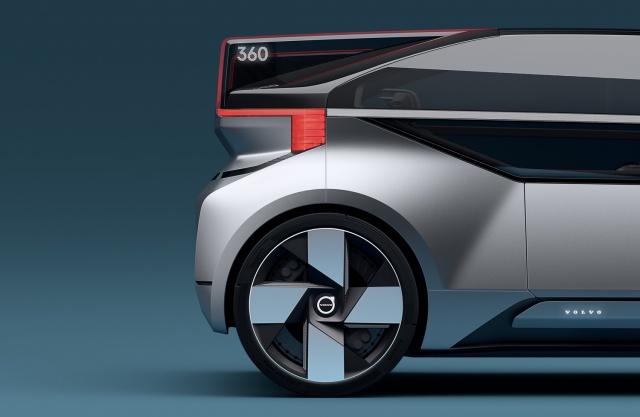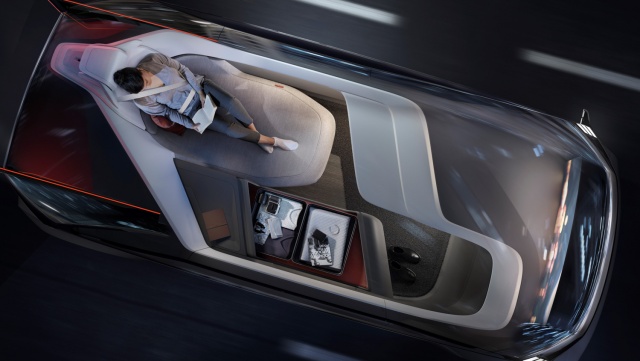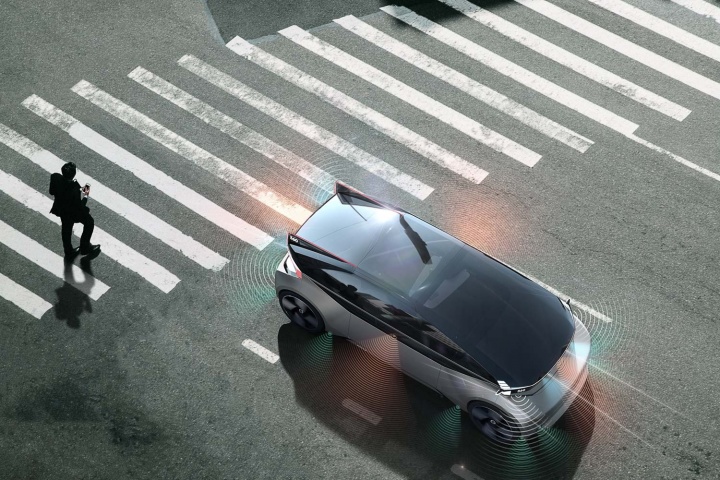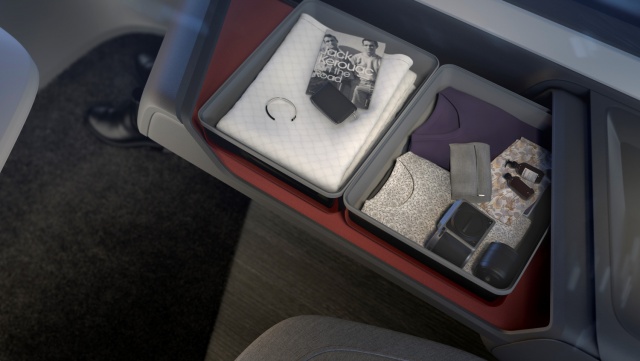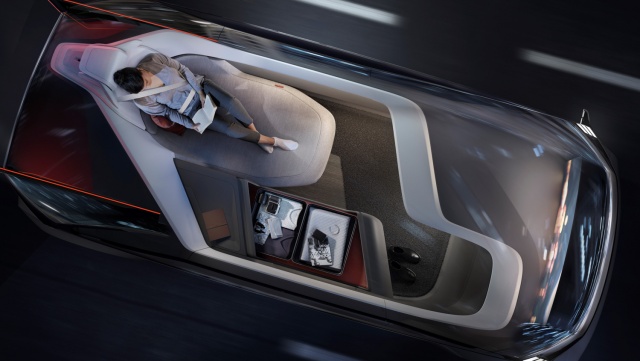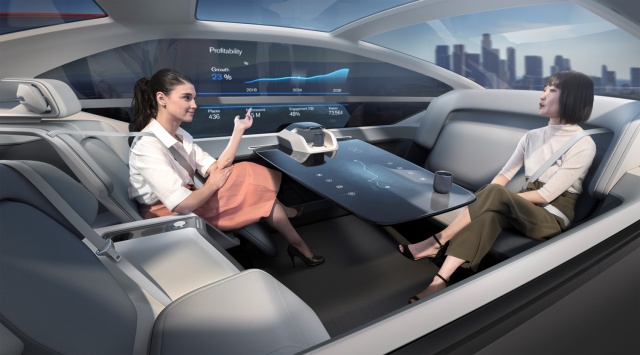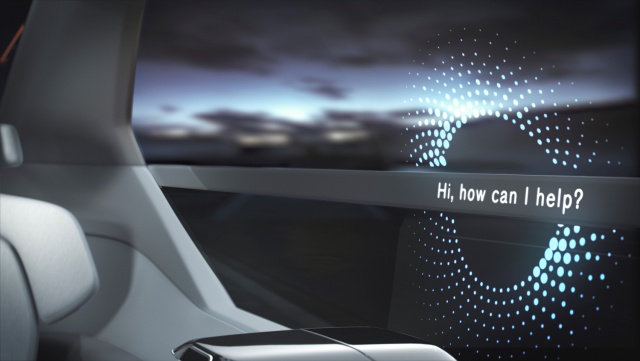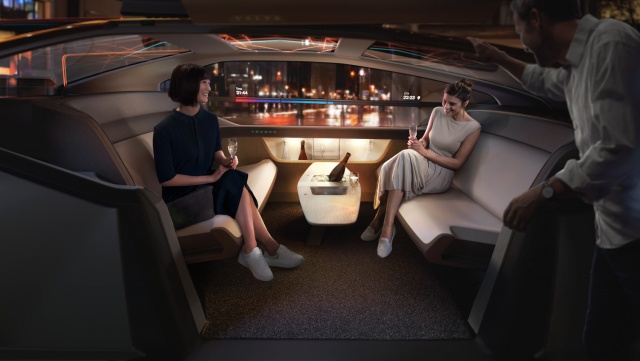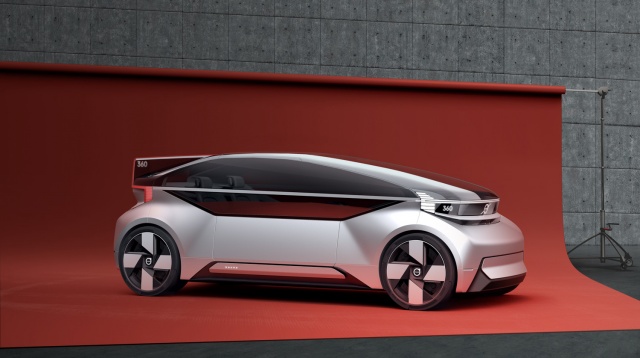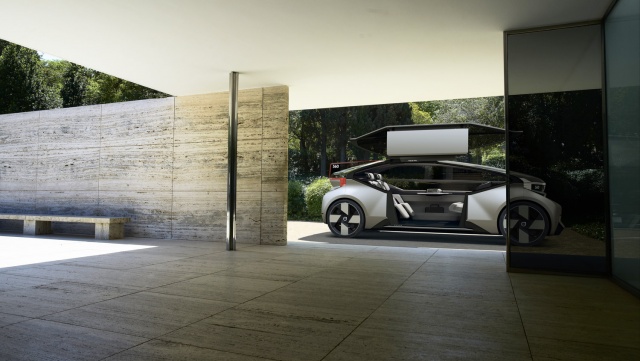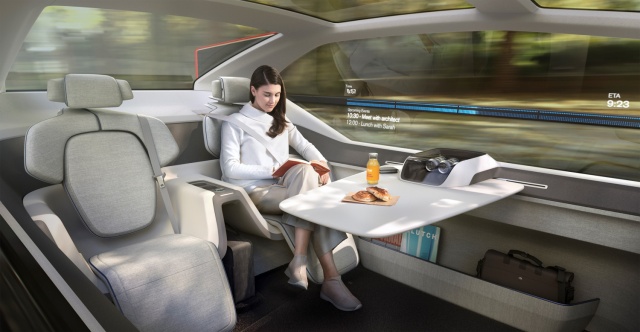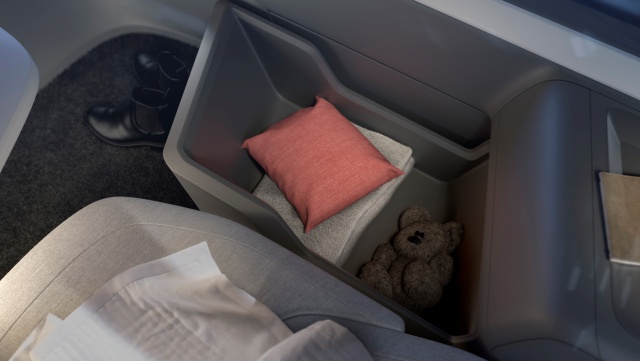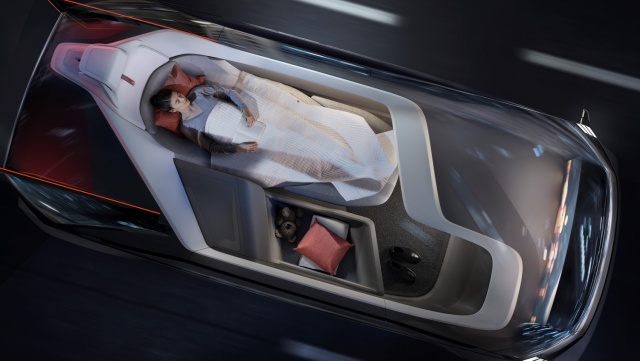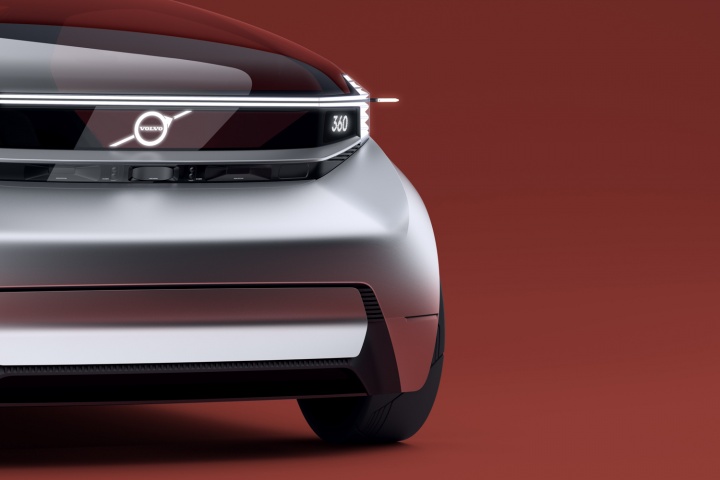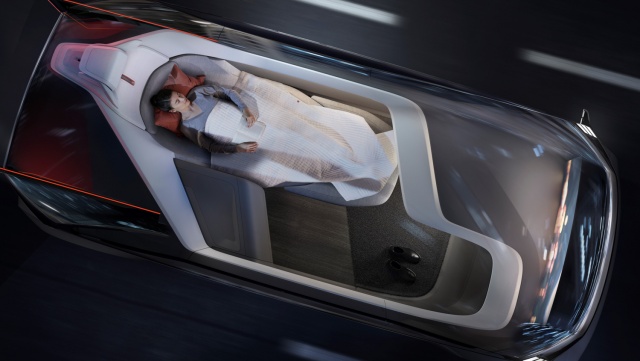What's the news?
Following the unveiling of its new '360c' concept car, Volvo has called for a universal safety standard to allow autonomous vehicles to communicate with each other in the absence of human input. The 360c envisions a completely autonomous future where manufacturers have moved away from the traditional "two in the front, three in the back" seating arrangement and where passengers (no drivers here) can sleep, work or play, as the car doubles as a moving bedroom, office or living room.
Volvo says that autonomous cars may eventually provide a slick alternative to short-haul airliners, whizzing through the night between cities while occupants sleep peacefully on board. The designers of the 360c concept, in true safety-minded Volvo fashion, even figured out a method of safely restraining a sleeping occupant in the event of an accident - by means of a special safety blanket that works along similar lines to a three-point seatbelt.
One of the technical issues with all this is how, in the absence of human input, these cars are going to communicate to avoid crashing into each other. Volvo says that in order for this to work, there needs to be a universal standard that autonomous cars use to communicate with each other. According to the company: "The 360c addresses this challenge with a system comprising external sounds, colours, visuals and movements, as well as combinations of these tools, to communicate the vehicle's intentions to other road users. This means it is at all times clear what the car will do next."
According to Malin Elkholm, Vice President at the Volvo Cars Safety Centre: "We strongly believe this communication method should be a universal standard, so all road users can communicate easily with any autonomous car, regardless of which maker built it. But it is also important that we do not instruct others what to do next, in order to avoid potential confusion. Our research shows this is the safest way for fully autonomous cars to communicate with other road users."
It remains to be seen if other manufacturers will answer this call to action from Volvo or which company will lead the way in autonomous vehicle communication.
Anything else?
Obviously this kind of tech is a few decades off and so there are no plans to develop the 360c into a production car. "We regard the 360c as a conversation starter, with more ideas and answers to come as we learn more," said Mårten Levenstam, Senior VP of Corporate Strategy at Volvo said.
"Yet we believe fully autonomous drive has the potential to fundamentally change our society in many ways. It will have a profound impact on how people travel, how we design our cities and how we use infrastructure. But we are just one of many stakeholders, so we expect and invite a broad discussion as society learns how to make the most of this revolutionary technology."


